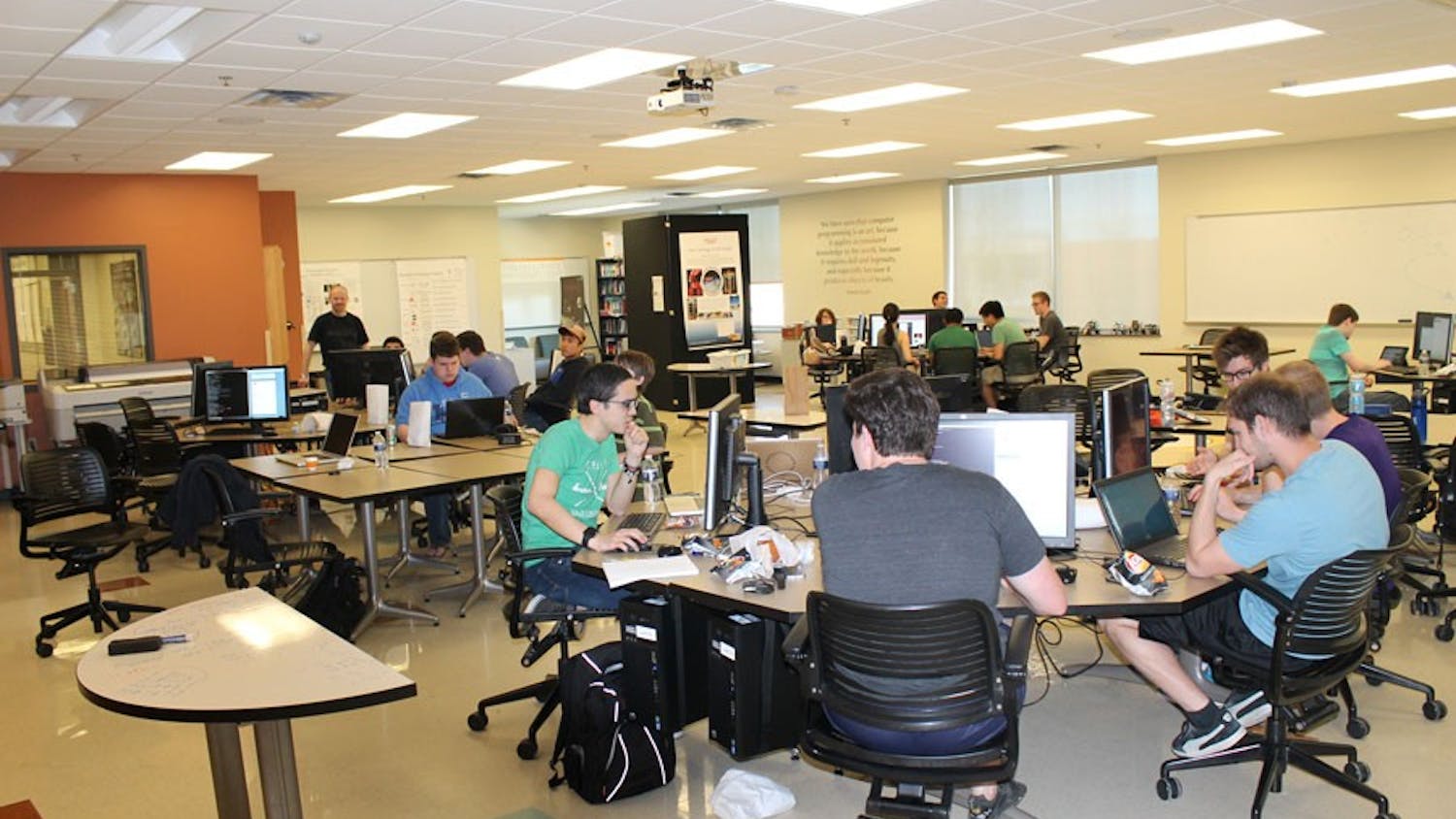By David Adams, S & T Editor Oct. 19, 2012
In an election season consumed by discussion of job-creation and the health of the economy, it is often difficult to see the wide variety of issues before the presidential candidates.
Scientific issues in particular, which the candidates are often keen to avoid, tend to receive little attention.
But Sciencedebate.org, in partnership with Scientific American and a host of U.S. science organizations, seeks to correct this lack of information by questioning the candidates on 14 science-related issues.
Here are Obama and Romney's stances on four of those issues to consider before Election Day on Nov. 6.
Innovation & the Economy
Obama
President Obama presents two goals to spark innovation in a difficult economy during his next term. He wants to double funding to "key research agencies" - though he does not specify which ones - and prepare 100,000 teachers in the STEM fields of science, technology, engineering and math during the next 10 years. Ultimately, Obama wants 1 million students to graduate with STEM degrees in the next decade.
Romney
Romney would encourage innovation through a number of policy reforms, including increasing the number of visas granted to foreign workers with advanced degrees, reforming the tax code to make permanent the tax breaks for research and development and capping the cost of imposing new regulations on business. He would also partner with nations that are "committed to the principles of free enterprise" and reduce American trade with nations that steal intellectual property, including China.
The Internet
Obama
A "free and open Internet is (an) essential component of American society and the modern economy," according to the Obama campaign. The president supports legislation which protects intellectual property but acknowledges such measures must "not reduce freedom of expression, increase cybersecurity risk or undermine the dynamic, innovative global Internet." He also wants to increase governmental security by protecting the U.S.'s vital infrastructure from cyber attack.
Romney
"It is not the role of the government to 'manage' the Internet," Romney stated. He believes the Internet is innovative because the government has kept regulations to a minimum, calling the Internet "a cornerstone of our economy." Romney claims Obama's policies in support of net neutrality have allowed the government to act as a "gatekeeper in the broadband economy," amounting to government interjection in the marketplace. Romney also opposes "innovation-stifling" international regulation of the Internet through the U.N.
Space
Obama
The president wants to pursue an "ambitious new direction for NASA." Obama claims victory in extending the life of the International Space Station through 2020 and believes this will expand opportunity for international cooperation in space. Obama also wants to support America's developing private space industry and maintains "nobody comes close" in Earth observation or robotic exploration of space. He emphasizes his administration's early goals - to land humans on an asteroid by 2025 and on Mars by the 2030s - as examples of America's leadership in space.
Romney
Romney's space platform is based on the belief that space exploration is critical for America's "technological innovation, national security and international standing" and for "the global economy." Unlike Obama, Romney believes the U.S.'s leadership in space is eroding after a half-century of achievement. He wants to revitalize NASA to return the U.S. to leadership in space and create new opportunities for space innovation.
Climate Change
Obama
The president considers climate change "one of the biggest issues of this generation" and seeks to continue many of the policies his administration has implemented during its first term. These include limiting greenhouse gas emissions from vehicles and investments in clean energy. Obama's platform claims American dependence on foreign oil is at its lowest level in 20 years, and he wants the U.S. to continue reducing this dependence as the country leads the world in setting emission limits.
Romney
Romney acknowledges climate change but believes there is "a lack of scientific consensus on the issue," including how much humans have contributed to global warming and how big a risk it is for the global community. He maintains that the problem is not just "America Warming" but is "Global Warming" and considers Obama's "cap-and-trade" policies destructive to the American energy industry. Romney favors a "No Regrets" policy that will reduce emissions whether the risks of climate change materialize or not.




